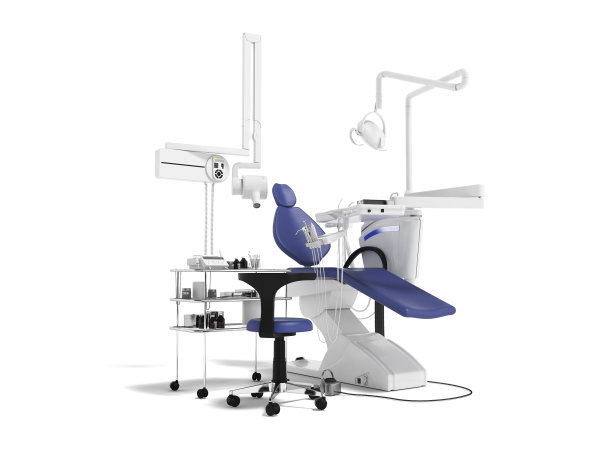Essential Guidelines to Ensure Safe and Effective Root Canal Treatment Understand the Precautions Needed for Optimal Dental Care
Summary: Root canal treatment can be a daunting procedure for many patients; however, understanding the essential guidelines for its execution ensures a safe and effective experience. This article emphasizes the importance of proper diagnosis and treatment planning, the significance of sterile techniques and equipment, effective pain management, and the necessity for follow-up care. By adhering to these practices, dental professionals can not only enhance the patients comfort but also ensure the longevity of the tooth and overall oral health. In this guide, we will outline crucial precautions to optimize dental care during root canal procedures, empowering both practitioners and patients in the journey toward optimal dental health.
1. Importance of Accurate Diagnosis and Treatment Planning

Before initiating any root canal treatment, an accurate diagnosis is paramount. This involves comprehensive diagnostic imaging, such as X-rays or 3D scans, to assess the extent of infection, root morphology, and surrounding bone structures. A well-defined plan of action tailored to the individual needs of the patient facilitates a smoother treatment process.
Additionally, discussing the treatment plan with the patient fosters understanding and eases anxiety. Patients benefit from being informed about the procedure, expected outcomes, and potential risks. Proper communication helps in building trust, which is crucial for a successful root canal.
Furthermore, pre-treatment evaluations should encompass a thorough medical history review to identify any underlying conditions that may affect the procedure. Conditions such as diabetes or cardiovascular disease could necessitate adjustments in the treatment protocol to mitigate any risks involved.
2. Utilizing Sterile Techniques and Equipment
Ensuring a sterile environment is essential for minimizing the risk of post-treatment infections. Dental professionals should strictly adhere to infection control protocols by using disposable or properly sanitized instruments during every procedure. Maintaining a clean workspace, including gloves, masks, and sterilization of tools, significantly reduces contamination risks.
Moreover, the use of updated and well-maintained equipment contributes to the treatment’s success. Advanced technologies, such as rotary endodontic instruments and apex locators, allow for greater precision in the procedure, enabling practitioners to navigate complex root systems more effectively.
In addition to equipment hygiene, the practitioners personal protective measures are crucial. Following guidelines for hand hygiene, for instance washing hands before and after procedures and wearing appropriate barriers, not only protects the patient but also the clinician from potential pathogens.
3. Effective Pain Management Strategies
Pain management is a critical aspect of root canal treatment that can significantly influence a patient’s experience. The administration of local anesthesia is fundamental; it should be tailored to the patients specific requirements and sensitivity levels, ensuring adequate pain relief throughout the procedure.
Moreover, discussing pain management post-treatment is essential. Dentists should provide clear instructions regarding pain medication, including anti-inflammatory drugs, and explain their purpose to alleviate discomfort during the recovery phase. Patients should feel empowered to communicate their pain levels, allowing for timely adjustments in their pain management plan.
Incorporating alternative pain relief methods, such as nitrous oxide or sedation dentistry, can further enhance patient comfort. These methods can help relax anxious patients, making it easier for the clinician to perform the procedure effectively and efficiently.
4. Importance of Follow-Up Care
Follow-up appointments after root canal treatment are vital for monitoring healing and addressing any complications that may arise. Dentists should schedule a follow-up visit within a few weeks to assess the treatments success and ensure the patient is healing well. This step reinforces the importance of continuous care in dental health.
During follow-up visits, practitioners should discuss the potential signs of complications, such as persistent pain or swelling, and educate patients on oral hygiene practices to maintain the health of the treated tooth. Providing this information empowers patients to take an active role in their recovery process.
Furthermore, continuous monitoring of the tooth through radiographs may be necessary to ensure proper healing and to evaluate the success of the treatment over time. A well-structured follow-up plan not only aids in preventing further issues but also enhances overall patient satisfaction.
Summary:
The foundation of a successful root canal treatment lies in proper diagnosis, strict adherence to sterile techniques, effective pain management, and vigilant follow-up care. By following these essential guidelines, dental professionals can provide patients with a comfortable experience and optimal outcomes for their dental health.
This article is compiled by Vickong Dental and the content is for reference only.



